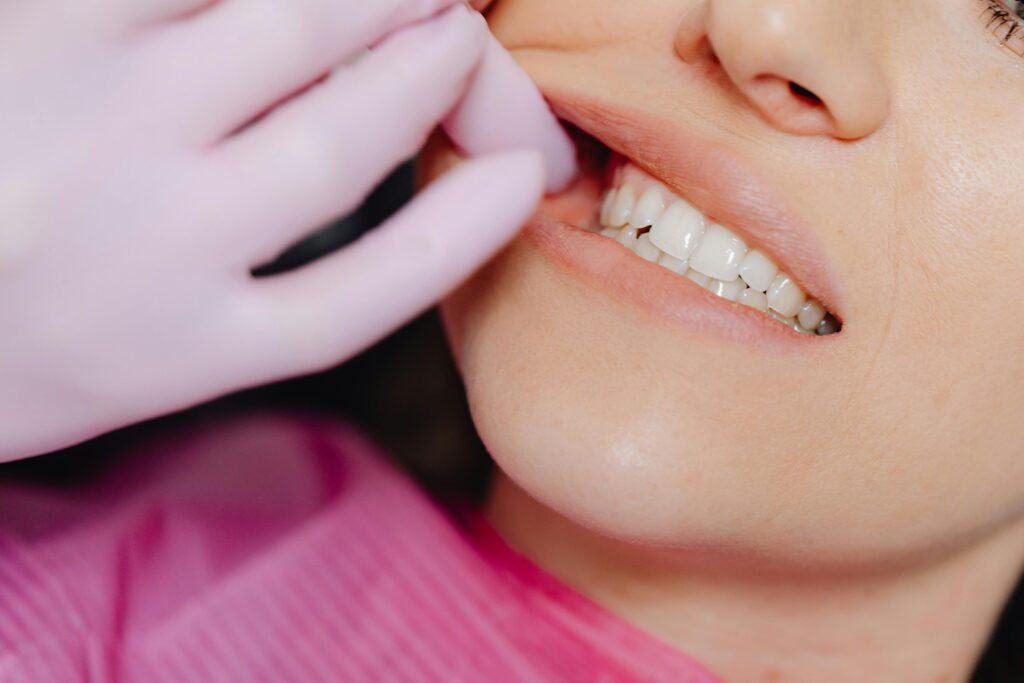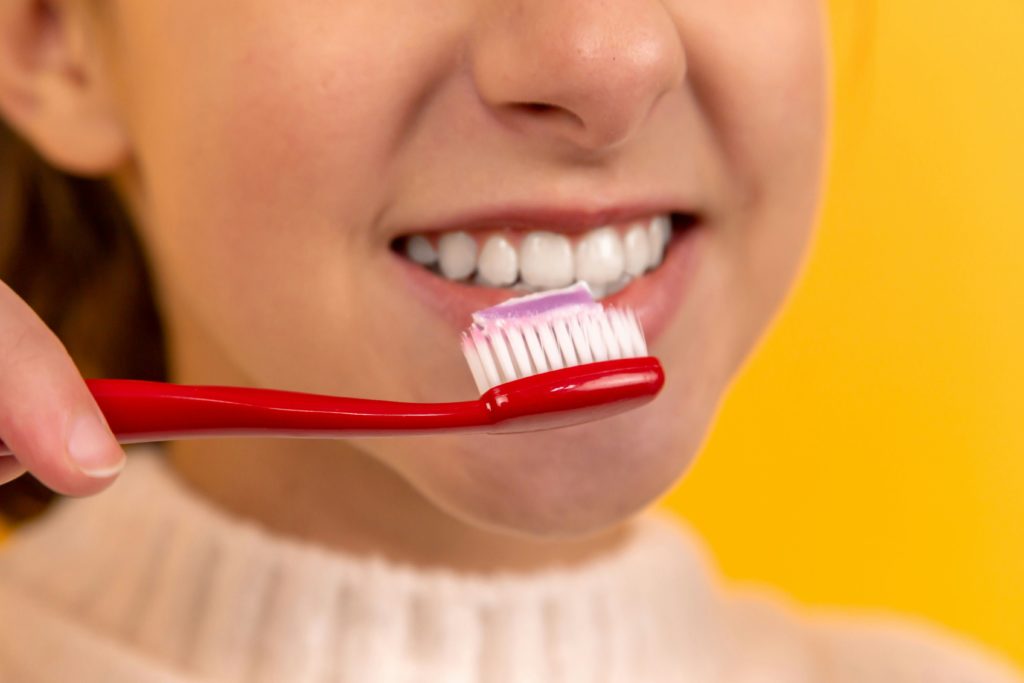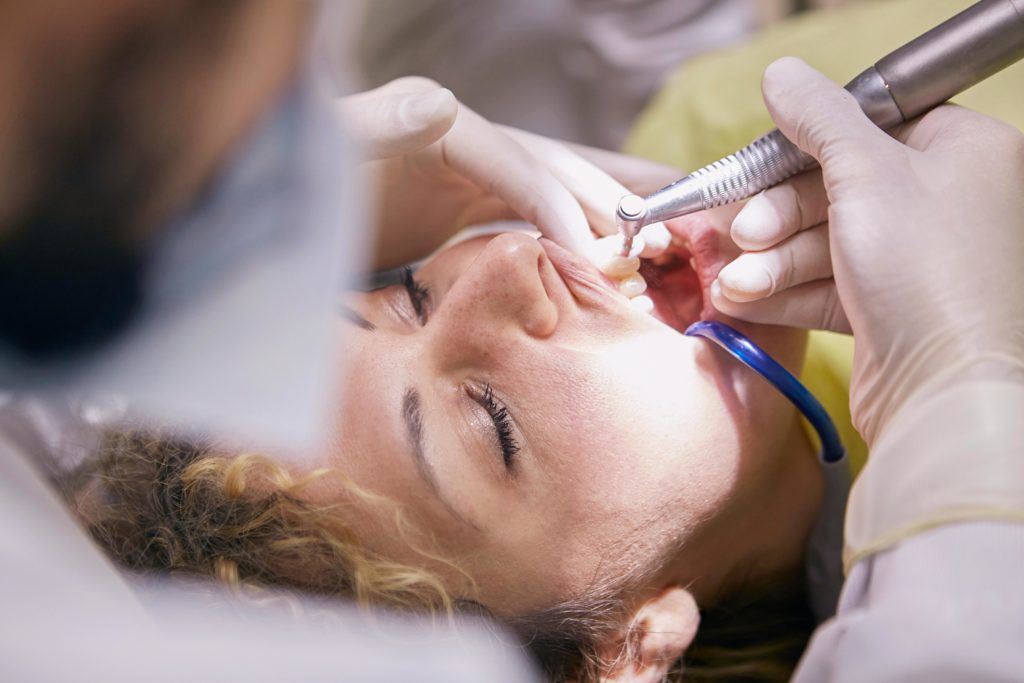Advancements in dental hygiene technology have transformed the way we care for our teeth. High-tech devices like electric toothbrushes and water flossers offer effective solutions for maintaining oral health. These innovations not only enhance cleaning efficiency but also make oral care more accessible and enjoyable.
Electric Toothbrushes
Electric toothbrushes have become a staple in modern dental care. They utilize automated movements to provide a more effective clean compared to manual brushing.
1. Benefits of Electric Toothbrushes
Electric toothbrushes come with various benefits. They can reduce plaque more effectively, especially in hard-to-reach areas. Studies show that users of electric toothbrushes experience a significant reduction in gum disease compared to manual toothbrush users.
2. Types of Electric Toothbrushes
There are primarily two types of electric toothbrushes: oscillating-rotating and sonic. Oscillating-rotating brushes have bristles that rotate in one direction and then the other. Sonic toothbrushes vibrate at a high frequency, creating fluid dynamics that help dislodge plaque.
3. Features to Consider
Modern electric toothbrushes offer a range of features. Many come with built-in timers to ensure adequate brushing time. Others have pressure sensors that alert users when they are brushing too hard. Smart models can connect to mobile apps, providing personalized feedback and tracking oral hygiene habits.
Water Flossers
Water flossers, or oral irrigators, have gained popularity for their ability to remove food particles and plaque from between teeth. They use a stream of pulsating water to clean the gum line and interdental spaces.
1. Advantages of Water Flossers
Water flossers can be especially beneficial for individuals with braces, implants, or other dental work. They provide a gentle yet effective way to clean hard-to-reach areas without the risk of damaging gums.
2. How They Work
Water flossers operate by sending a controlled stream of water between teeth. Users can adjust the pressure settings to suit their comfort levels. This method effectively flushes out debris and promotes healthier gums.
3. Choosing the Right Water Flosser
When selecting a water flosser, consider the design and features. Some models are portable, making them convenient for travel. Others offer multiple pressure settings and nozzle attachments for customized care.
Combination of Electric Toothbrushes and Water Flossers
Using both an electric toothbrush and a water flosser can create a comprehensive oral care routine. The electric toothbrush ensures effective plaque removal from tooth surfaces, while the water flosser targets interdental spaces.
1. Maximizing Oral Health
Research indicates that using both tools can significantly improve overall oral health. Combining brushing and flossing can reduce the risk of cavities and gum disease.
2. Tips for Effective Use
For optimal results, use the electric toothbrush first to clean the tooth surfaces, followed by the water flosser to clean between the teeth. This sequence enhances the efficiency of both devices, ensuring thorough cleaning.
Conclusion
High-tech dental care tools like electric toothbrushes and water flossers have revolutionized oral hygiene. They provide efficient, effective solutions for maintaining healthy teeth and gums. By incorporating these technologies into your daily routine, you can enjoy improved oral health and a brighter smile.
FAQs
1. Are electric toothbrushes better than manual ones?
Yes, studies show electric toothbrushes can reduce plaque and gum disease more effectively than manual brushing.
2. How often should I replace my electric toothbrush head?
It’s recommended to replace the brush head every three months or sooner if the bristles become frayed.
3. Can water flossers replace traditional flossing?
While water flossers are effective, they are best used in conjunction with traditional flossing for optimal results.
4. Are water flossers safe for everyone?
Water flossers are generally safe for most people, but those with certain dental conditions should consult a dentist before use.
5. How much do electric toothbrushes and water flossers cost?
Prices can vary widely. Basic models start around $20, while high-end versions with advanced features can exceed $200.
6. Do I need to use toothpaste with an electric toothbrush?
Yes, using toothpaste with an electric toothbrush enhances plaque removal and provides added fluoride protection.



